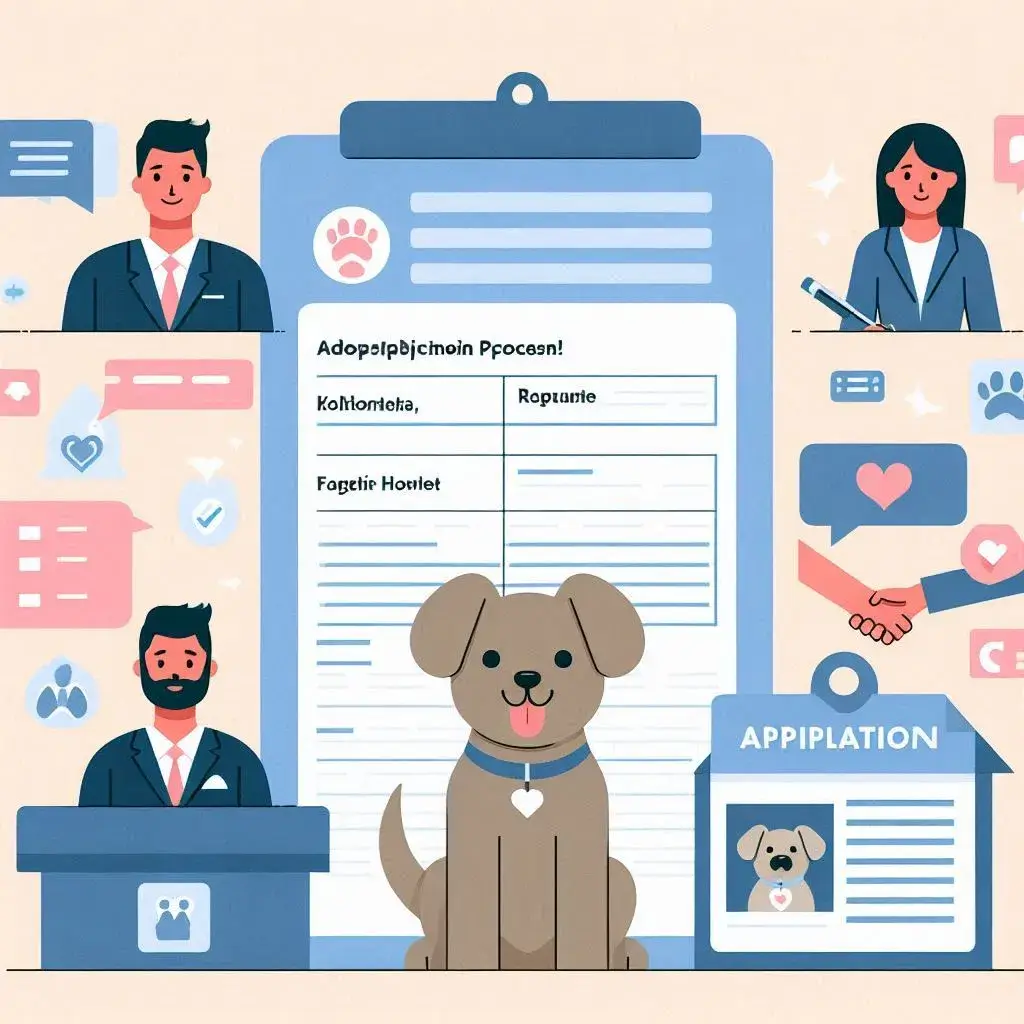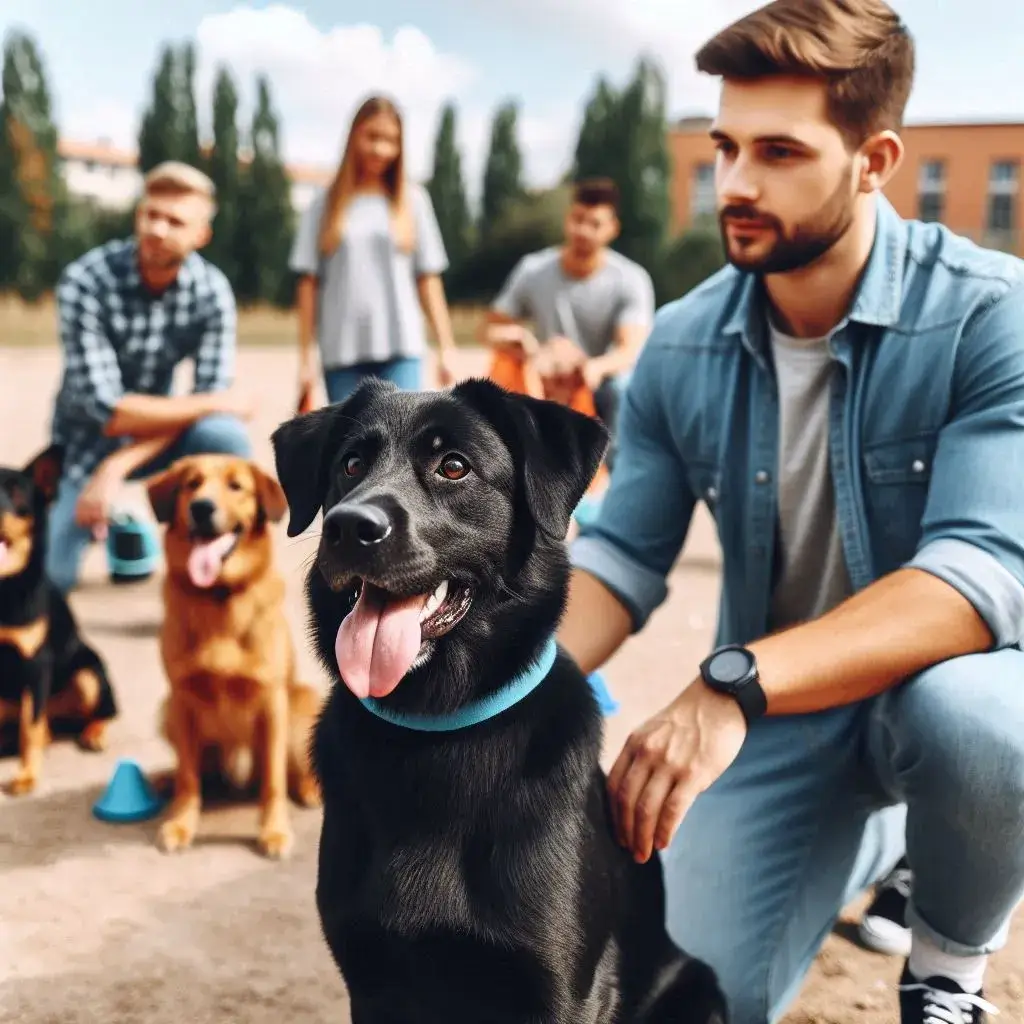Adopting a dog is a life-changing decision that brings joy and companionship but also comes with its set of responsibilities and challenges. To ensure a successful adoption, prospective dog owners need access to reliable resources and expert guidance. This comprehensive guide delves into the best resources for dog adopters, covering everything from selecting the right breed to providing lifelong care.
Why Adopt a Dog?
Adopting a dog from a shelter or rescue organization is a noble act that saves lives and gives abandoned pets a second chance. Besides, adopted dogs often show profound gratitude and loyalty to their new owners. Understanding the reasons and benefits of adoption can motivate potential adopters to make this compassionate choice.
Benefits of Adopting a Dog
- Saving Lives: Each adoption frees up space in shelters for more animals.
- Variety of Breeds: Shelters house a wide range of breeds and mixed breeds.
- Cost-Effective: Adoption fees are typically lower than purchasing from breeders.
- Health Benefits: Adopted dogs are often vaccinated, spayed/neutered, and health-checked.
Emotional and Psychological Benefits
- Companionship: Dogs provide constant companionship and emotional support.
- Stress Reduction: Interacting with dogs can lower stress and anxiety levels.
- Sense of Purpose: Caring for a dog can instill a sense of responsibility and purpose.
Preparing for Dog Adoption
Preparation is crucial for a smooth transition. Prospective adopters should evaluate their lifestyle, research breeds, and ready their homes.
Assessing Your Lifestyle
Consider factors like living space, activity level, and time availability to choose a breed that fits your lifestyle.
- Living Arrangements: Apartment living vs. a house with a yard.
- Activity Level: High-energy breeds require more exercise.
- Work Schedule: Dogs need time and attention.
Researching Dog Breeds

Understanding the traits and needs of different breeds helps in making an informed decision.
- Size and Space: Smaller breeds for compact living spaces.
- Temperament: Breeds vary in sociability, trainability, and temperament.
- Health Concerns: Some breeds are prone to specific health issues.
Home Preparation

Preparing your home ensures a safe and welcoming environment for the new pet.
- Dog-Proofing: Secure harmful items and check for hazards.
- Essential Supplies: Beds, bowls, leashes, and toys.
- Safe Space: Create a comfortable area for the dog to relax.
Finding a Reputable Shelter or Rescue

Choosing the right shelter or rescue organization is key to finding a healthy and well-adjusted dog.
Researching Shelters and Rescues
- Local vs. National Organizations: Local shelters often have more community support.
- Reviews and Testimonials: Check reviews from previous adopters.
- Visit Facilities: Assess the cleanliness and care provided.
Questions to Ask
- Health Checks: Are dogs vaccinated, spayed/neutered, and health-checked?
- Behavior Assessments: How is the dog’s behavior evaluated?
- Adoption Process: What are the adoption requirements and fees?
The Adoption Process

Understanding the adoption process helps in preparing emotionally and logistically.
Application and Screening
Most shelters require an application and screening to ensure suitable matches.
- Personal Information: Basic details about the adopter.
- Home Visits: Some organizations may conduct home inspections.
- Interviews: Discuss lifestyle and expectations with shelter staff.
Meeting Potential Dogs
Interacting with dogs helps in choosing the right match.
- Behavior Observations: Assess the dog’s temperament and energy levels.
- Compatibility Tests: Ensure the dog gets along with all family members.
Finalizing the Adoption
Once a match is found, complete the paperwork and prepare for the dog’s arrival.
- Adoption Fee: Covers vaccinations, spaying/neutering, and care.
- Legal Documentation: Transfer of ownership and microchip registration.
- Initial Supplies: Ensure you have all necessary supplies ready.
Transitioning Your New Dog Home

The first few days and weeks are critical for a successful adjustment.
The First Day Home
Make the initial experience as stress-free as possible.
- Quiet Introduction: Keep the home calm and avoid overwhelming the dog.
- Safe Space: Allow the dog to explore a designated area.
- Routine Establishment: Start with a consistent feeding and walking schedule.
Building Trust and Bonding
Develop a strong bond through patience and positive interactions.
- Positive Reinforcement: Reward good behavior with treats and praise.
- Regular Exercise: Physical activity helps with bonding and reduces stress.
- Training Sessions: Basic commands and obedience training.
Dealing with Common Challenges
Be prepared to address common issues new dog owners face.
- Separation Anxiety: Gradually increase alone time to ease anxiety.
- House Training: Consistent potty breaks and positive reinforcement.
- Behavioral Issues: Seek professional help for persistent problems.
Essential Care and Maintenance
Long-term care involves regular health check-ups, grooming, and training.
Health and Veterinary Care
Regular veterinary visits are crucial for maintaining your dog’s health.
- Vaccinations: Keep up with routine vaccinations.
- Parasite Control: Regular treatments for fleas, ticks, and worms.
- Annual Check-Ups: Monitor health and catch issues early.
Nutrition and Diet

A balanced diet is essential for your dog’s health and wellbeing.
- Quality Food: Choose high-quality commercial dog food or consult a vet for a home-cooked diet.
- Feeding Schedule: Consistent meal times help with digestion.
- Special Diets: Address specific health issues or dietary needs.
Grooming and Hygiene
Regular grooming keeps your dog clean and comfortable.
- Brushing: Prevents matting and reduces shedding.
- Bathing: Use dog-specific shampoos for regular baths.
- Nail Trimming: Regular trims prevent overgrowth and discomfort.
Training and Socialization

Ongoing training ensures a well-behaved and socialized dog.
- Obedience Training: Basic commands and leash manners.
- Socialization: Expose your dog to different environments and people.
- Advanced Training: Consider agility or specialty training for mental stimulation.
Support and Community for Dog Adopters
Connecting with other dog owners and professionals provides valuable support.
Online Resources and Forums
Online communities offer advice and support.
- Dog Adoption Websites: Information on breeds, training, and health.
- Forums and Groups: Share experiences and get advice from other adopters.
Local Dog Groups and Meetups
Join local groups for socialization and support.
- Dog Parks: Socialize with other dogs and owners.
- Meetup Groups: Participate in dog-friendly events and activities.
Professional Services
Sometimes professional help is needed.
- Trainers and Behaviorists: Help with training and behavioral issues.
- Pet Sitters and Walkers: Assistance when you’re unavailable.
- Veterinary Specialists: For specific health concerns.
FAQ
What are the best breeds for first-time dog owners?
Breeds known for their friendly and adaptable nature, such as Labrador Retrievers, Golden Retrievers, and Beagles, are great for first-time owners.
How do I prepare my home for a new dog?
Secure hazards, set up a comfortable area with essentials like a bed and bowls, and establish a routine for feeding and walking.
What should I consider when choosing a shelter or rescue?
Look for reputable organizations with good reviews, health checks, and transparent adoption processes. Visiting the facility can also provide insights.
How can I help my adopted dog adjust to a new home?
Provide a calm environment, establish a routine, and use positive reinforcement to build trust and ease the transition.
What are the essential health care needs for dogs?
Regular veterinary check-ups, vaccinations, parasite control, and a balanced diet are crucial for maintaining your dog’s health.
Where can I find reliable information and support for dog adoption?
Online resources, local dog groups, professional trainers, and veterinarians offer valuable support and information.
Conclusion
Adopting a dog is a rewarding journey filled with love and companionship. By utilizing the best resources for dog adopters, you can ensure a smooth transition and a fulfilling life for your new furry friend. Prepare thoroughly, choose the right dog, and provide ongoing care and training to enjoy a lifetime of joy and loyalty with your adopted dog.


